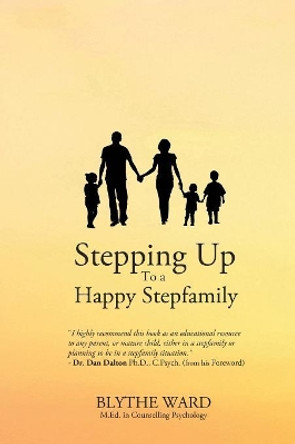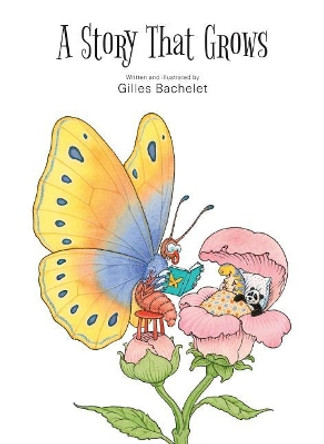The growth of stepfamilies has been one of the most dramatic changes in British family life in recent decades. Britain today has the highest divorce rate in Europe, and by the early 1990s one in twelve children in Britain were already living in stepfamilies. Stepfamilies formed by remarriage after death were once a common experience, but in the first half of this century, as parental death became more unusual, they became unfamiliar rarities, and much of the common understanding of their dynamics was lost. The recent very rapid growth in divorce and remarriage has exposed millions of adults and children to life situations which are surprisingly little understood, either at the level of common wisdom, or through research. It is widely assumed that children referred to social and health professionals come above all from broken or reconstituted families, and until recently the interpretation of stepfamilies was dominated by analyses of clinical data. However, in large scale sample based studies it has been found that the experiences of children in stepfamilies and those growing up in 'intact' families are not as different as had previously been assumed. This study of fifty children born in 1958 is the first in Britain to examine these long-term differences using evidence gleaned from such a large and reliable sample. The key themes around which the research has been structured are gender, communication and discipline within families, the role of the extended family, the absent parent, and, above all, the factors which help or hinder stepchildren in the long-term. The authors emphasise how change is possible not only in childhood, but also in adulthood. Drawing together sociological and social historical interpretations through the life story method with clinical experience in child and adolescent psychiatry and the family systems approach used in family therapy, this important new study makes a unique contribution to our understanding of the long-term impact of stepfamily life in Britain.
ReviewsGrowing Up in Stepfamilies is fascinating for what it reveals about how we make sense of our past ... it makes clear enough that a better understanding of stepfamily life is urgently needed and that a more sensitive approach to children could prevent a great deal of needless misery. * Rebecca Adams, Sunday Times *
For anyone interested in the experience of family change, and in measured and intelligent discussion of the issues which arise, this book is a must. It is both scholarly and practical. It is written in clear and concise English and draws with sparing but powerful effect on the stories provided by respondents, It seems likely that there will be something in this book both personally and professionally for most readers. As well as being an important text, this book is a good read and a great encouragement for those of us who value the unique contribution of oral history and life story accounts of experience and how they can influence understanding, policy and practice. - Brian Dimmock. The Open University.
A key to the fascinating insights and provocative lessons of the book is that the authors include two family therapists, a psychiatrist, and a social scientist - a most unusual combination of talents and disciplinary approaches ... This is a wise book, full of thoughtful commentary as well as dramatic stories, scholarly and well referenced. * Judy Dunn, Child Psychology and Psychiatry, Vol 40 no 5 1999 *
Book InformationISBN 9780198280965
Author Gill Gorell BarnesFormat Paperback
Page Count 348
Imprint Oxford University PressPublisher Oxford University Press
Weight(grams) 474g
Dimensions(mm) 216mm * 139mm * 21mm




![Staying Attached: Fathers and Children in Troubled Times by Gill Gorell Barnes 9781782205944 [USED COPY] Staying Attached: Fathers and Children in Troubled Times by Gill Gorell Barnes 9781782205944 [USED COPY]](https://cdn11.bigcommerce.com/s-zkx5lhzlf8/images/stencil/444x444/products/5854410/5931468/9781782205944__77943.1728617985.jpg?c=1)



